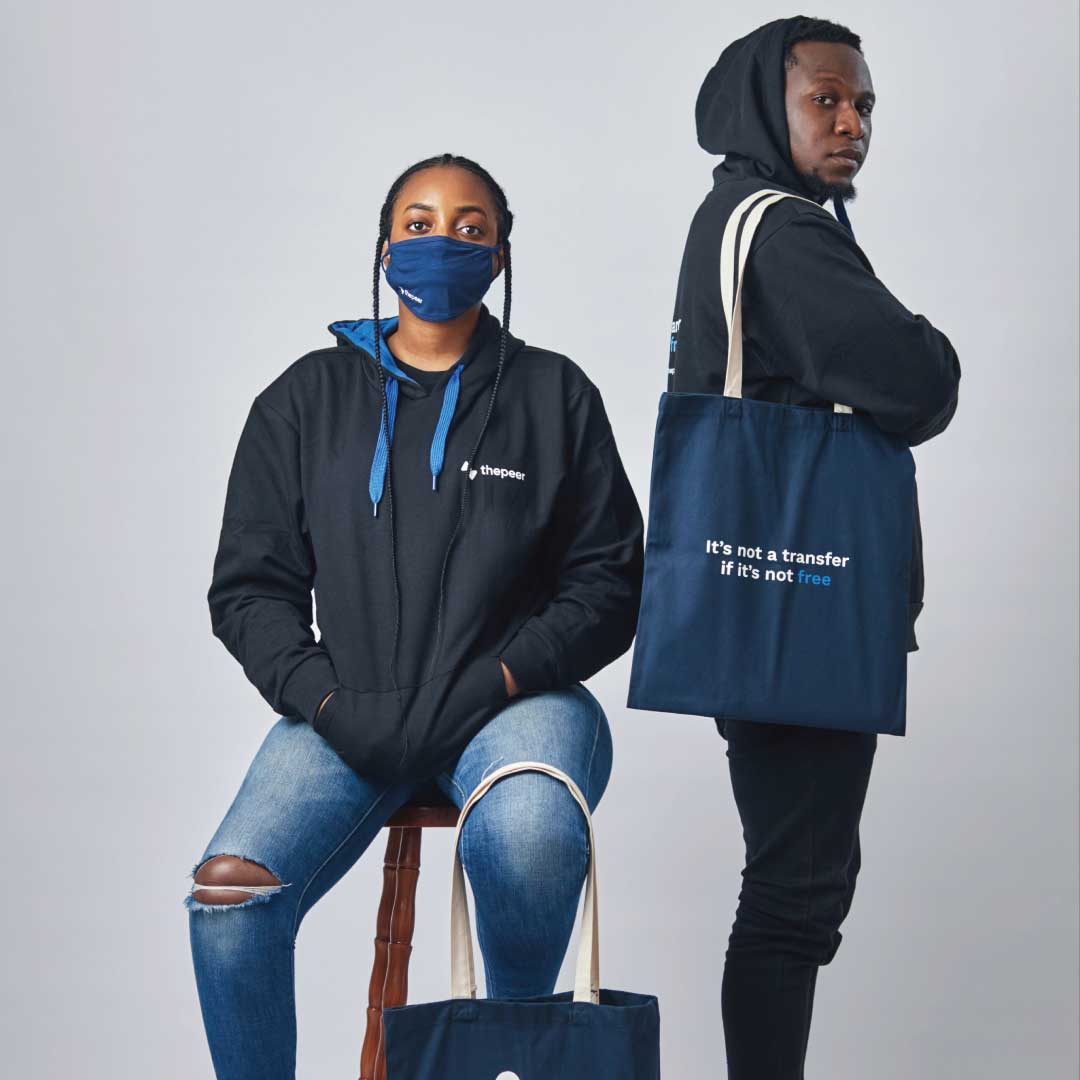Raba Partnership has recently led a $2.1 million seed funding for Thepeer, an African tech infrastructure startup connecting businesses’ wallets. The news comes a year after the startup raised $220,000 in pre-seed, which Paystack CTO Ezra Olubi and Edenlife CTO Prosper Otemuyiwa were among the angel investors in the round.
Participating investors in this latest seed round include RaliCap, Timon Capital, BYLD Ventures, Musha Ventures, Sunu, and Uncovered Fund, coupled with African fintechs Chipper Cash and Stitch.
Thepeer Fintech Play
Thepeer sits at the intersection of data and finance; it is not a pure fintech play. But more than any other industry, fintechs were most impacted by the problems Kosisochukwu Chike Ononye and Michael “Trojan” Okoh set out to solve when they first founded the company in August 2021. Thepeer, like other API-based startups, powers infrastructure primarily for small- to medium-sized fintech companies.
Local publication Disrupt Africa, in a report, says there was a 17.3% to 573 African fintech increase compared to 491 in 2019. The majority of these fintechs offer a variety of services, including payments, neobanking, lending, investment, and trading, to both businesses and consumers. The difficulty of transferring money from one fintech wallet to another fintech or non-fintech wallet (in the case of an embedded finance play) is the lack of mobile wallet interoperability outside of their ecosystem, even though they provide digital wallets to help in money transfers.
According to Thepeer, its APIs provide an alternative network where fintechs and businesses may integrate different sets of products into their applications and websites to facilitate easy money movements by their customers.
Launching Send and Other Products To Solve Cross-Border Money Movement
Customers of businesses who integrate with its APIs, such as Eversend (a cross-border fintech) and Nguvu Health (a teletherapy platform), can send money across both platforms using identifiers such as emails or usernames thanks to Send, the offering it launched with.
“I made a purchase from a vendor and couldn’t pay after using several apps and couldn’t move money from one wallet where I had cash to another,” said CEO Ononye, narrating why he and CTO Okoh started the company in an interview. “After we launched our first product [Send], we went back to the drawing board because there were things we needed to get right. In that process, we discovered more consumer and business problems.”
Read Also : How You Can Own Shares in Apple, Amazon, Facebook The Trove Finance Way
After Send, Thepeer collaborated with Flutterwave, the unicorn whose API gateways for mobile wallets and bank accounts are the most extensive in Africa and built on its platform to expand. Direct Charge and Checkout are two additional B2B2C products made possible through the partnership.
Customers of roughly 15 businesses can fund each other’s wallets via Direct Charge. Here’s how it works. When using Nguvu Health, there are several ways to fund a wallet, such as cards, bank transfers, and Thepeer. Users of Nguvu Health can choose from any of the 15 wallets when they select Thepeer, integrate it with their Nguvu Health wallet, and then initiate a direct charge transaction.
“One amazing thing about Thepeer is that it has made it easier for people to pay for therapy on the Nguvu Health app, which makes it easy and affordable for Africans to access therapy from their smartphones,” said Nguvu Health CEO Joshua Koya about Thepeer’s integration. “Our users now have options with Thepeer’s integration with other fintech wallets where they can pay for therapy.”
On websites for businesses like online food and clothes stores, checkout works similarly. When customers shop online, Thepeer shows as a payment method at the checkout and enables them to use their Bitsika, Eversend, Chipper Cash, and Paga wallets to pay.
Thepeer’s Growth From Products Launched
Since its launch, the fintech startup’s average monthly-on-month transaction increase has been 161%. Additionally, its monthly transaction volume has increased over 65x to “eight-figure” million dollars since the introduction of Send, a new product designed to help businesses in sending money between one another via its dashboard (not the one that consumers see).
“We see our product as a platform powered by APIs that helps connect fintechs, consumers, and businesses by offering seamless money movement,” said Ononye. “Today, nearly 600 fintechs across the continent operate siloed wallets. Our goal is to make it possible to connect and make payments from any wallet. We are building an operating system so that businesses can offer more services to their customers.”
The founders’ initial challenge of moving value around their various apps has evolved into an infrastructure that integrates multiple businesses and offers more value to the users. This development is what made Raba Partnership lead the round. Its founder, George Rzepecki, compared Thepeer’s drive to unify Africa’s wallet ecosystem to Flutterwave’s 2015 entry into the fragmented card and mobile money payments space.
“With the proliferation of consumer and B2B fintechs across Africa, Thepeer is building a foundational API-based payments layer where fintechs can enable money movement natively from within their respective wallets and apps,” he continued. “We are incredibly excited to support this ambitious team building a next-generation network.”
What next for Thepeer? In addition to rolling out new features and wallets in other currencies (the current platform only supports Naira wallets), the startup, according to Ononye, plans to hire more talent and invest in product development. He stated, “Our focus remains on product innovation and serving our customers that operate in many geographies.
